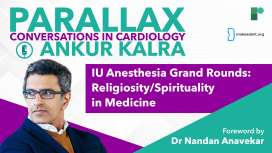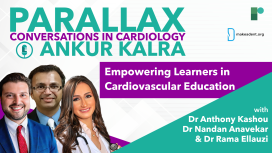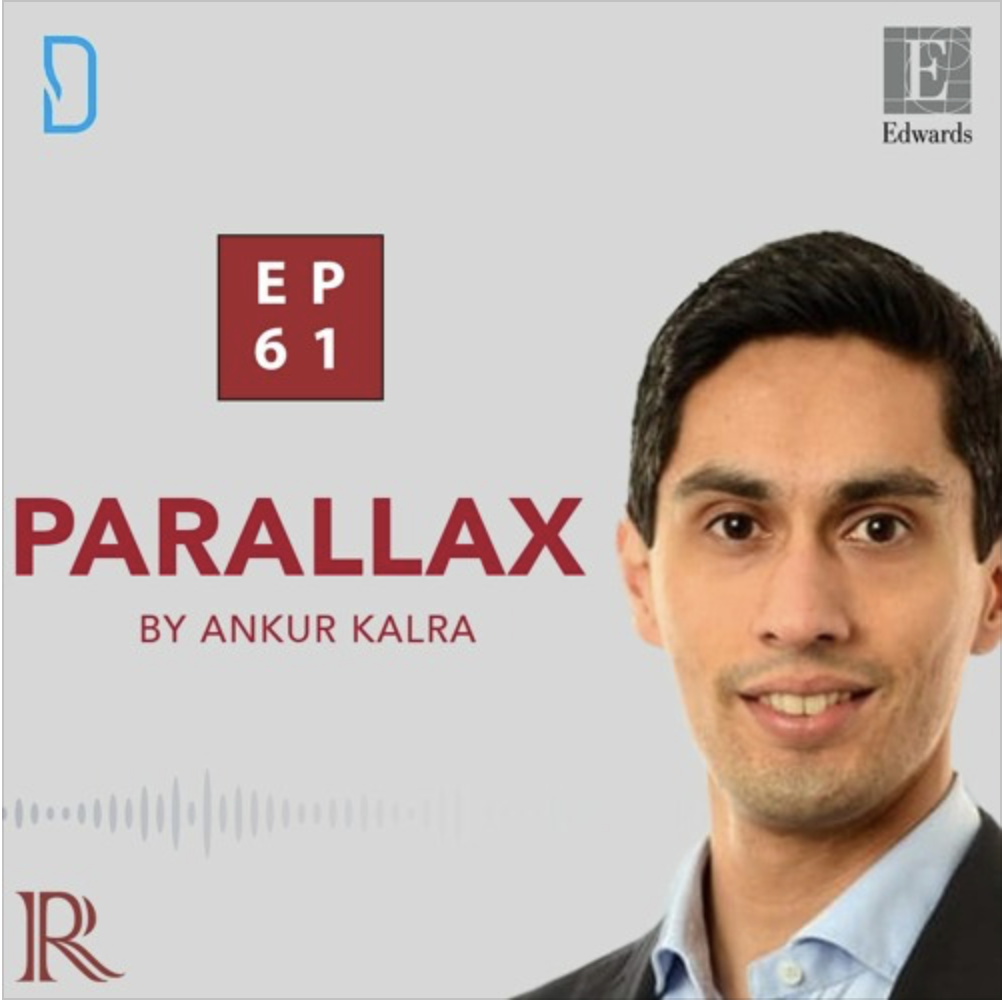
In the second part of Parallax’s review of 2021, Dr Sukh Nijjer, Interventional Cardiologist from Imperial College London, and Dr Ankur Kalra discuss key advances in the field of heart failure and cardiac surgery.
SGLT2 inhibitors are proving to be the blockbuster drug of this decade: Sukh summarises and compares the learnings from DAPA-HF, Emperor-Reduced, and Emperor-Preserved. Next, Sukh highlights the data from SOLOIST-WHF that showed sotagliflozin to have beneficial effects on CV outcomes among patients with type 2 diabetes and HF. Additionally, they discuss how findings on finerenone (FIGARO-DKD) will shape the field. Sukh talks about the semaglutide and the STEP studies, an injectable medication that further expends cardiologist knowledge beyond their speciality. Ankur and Sukh reflect on how the advancement of this field shaped their own practices.
2021 was a busy year for cardiac surgery trials: Sukh and Ankur review the most pertinent data from the AVATAR randomised study presented at AHA 2021. Sukh interprets the outcomes and asks Ankur about his clinical experiences. Finally, they review the investigator led LAAOS III study that showed patients with atrial fibrillation undergoing cardiac surgery, left atrial appendage occlusion was superior to no occlusion.
What were the top practice informing heart failure trials of 2021? What does the latest data say on current cardiac surgery practices? How will these findings inform patient care?
Questions and comments can be sent to “podcast@radciffe-group.com” and may be answered by Ankur in the next episode. Guest @SukhNijjer, hosted by @AnkurKalraMD. Produced by @RadcliffeCARDIO.

Brought to you by Edwards: www.edwardstavr.com
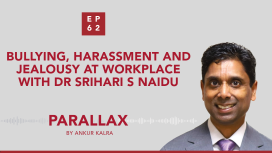



Tune in to discover the strategies that Dr. Kalra and Dr. Alasnag are currently employing and gain insights into how these data will shape their future decision-making in the catheterization laboratory. Don't miss this informative discussion at the forefront of interventional cardiology.

As we adapt to the changes brought about by the pandemic, Dr Singh outlines the necessary steps to foster a reality in which we can utilize these technologies to create more time for human connection.

Dr Owens is Medical Director of the Center for Inherited Cardiac Disease and Associate Professor of Medicine at the Hospital of the University of Pennsylvania.
This series is supported by an unrestricted educational grant from Bristol Myers Squibb. Please see www.camzyosrems.com for important safety information.
This content is intended for US-based physicians.
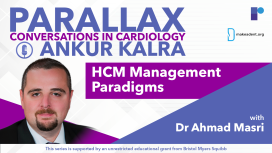
This series is supported by an unrestricted educational grant from Bristol Myers Squibb. Please see www.camzyosrems.com for important safety information.
This content is intended for US-based physicians.
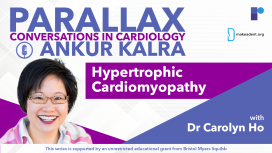
This series is supported by an unrestricted educational grant from Bristol Myers Squibb. Please see www.camzyosrems.com for important safety information.
This content is intended for US-based physicians.
